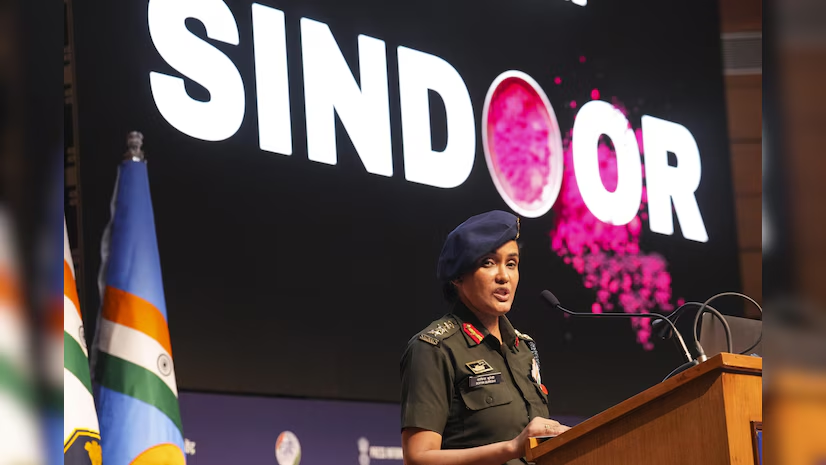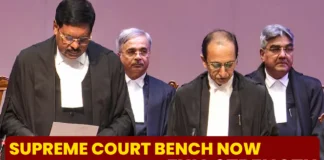
Introduction
In an era where news spreads instantly and social media hashtags shape public opinion in real time, certain terms born out of geopolitical or social movements transcend mere headlines. Phrases like “9/11 Attack,” “Black Lives Matter,” and “MeToo Movement” have evolved into symbols representing broader societal issues. Similarly, “Operation Sindoor,” India’s recent military response to a terrorist attack in Pahalgam, has swiftly become more than a national security operation—it is now at the center of a commercial race.
The Trademark Rush
Following the announcement of Operation Sindoor on May 7, 2025, a surge of trademark applications flooded the Indian Trademark Registry. Within hours, over 30 applications were filed under Class 41, which pertains to media and entertainment services. Notable applicants included prominent filmmakers Aditya Dhar, Vivek Agnihotri, and Madhur Bhandarkar, along with major production houses like T-Series and JP Films .
The urgency behind these filings reflects a broader trend where significant national events are leveraged for commercial gain. The success of previous war-themed films such as Uri and Shershaah has set a precedent, demonstrating the lucrative potential of cinematic adaptations of real-life events.
Ethical and Legal Considerations
The rapid commercialization of Operation Sindoor has raised ethical and legal questions. Critics argue that trademarking terms associated with national tragedies or military operations may undermine their solemnity and significance. Legal experts suggest that while the Trade Marks Act of 1999 allows for the registration of such terms, the Registrar has the discretion to reject applications that could mislead or offend public sentiment .
Furthermore, the Ministry of Defence typically does not register military operation names as intellectual property, leaving them vulnerable to private claims. This gap in policy has prompted calls for clearer guidelines to prevent the commercialization of terms that hold national importance.
Public Response and Media Coverage
The public reaction to the trademark filings has been mixed. While some view the commercialization as a natural extension of the entertainment industry’s reach, others perceive it as an exploitation of national sentiment for profit. Media outlets have extensively covered the issue, with debates focusing on the balance between creative freedom and respect for national identity.
Conclusion
The rush to trademark “Operation Sindoor” highlights the complex intersection of national events, intellectual property law, and commercial interests. As the debate continues, it underscores the need for a nuanced approach to the commercialization of terms that carry significant national and emotional weight.
In House Development | The Legal Observer




